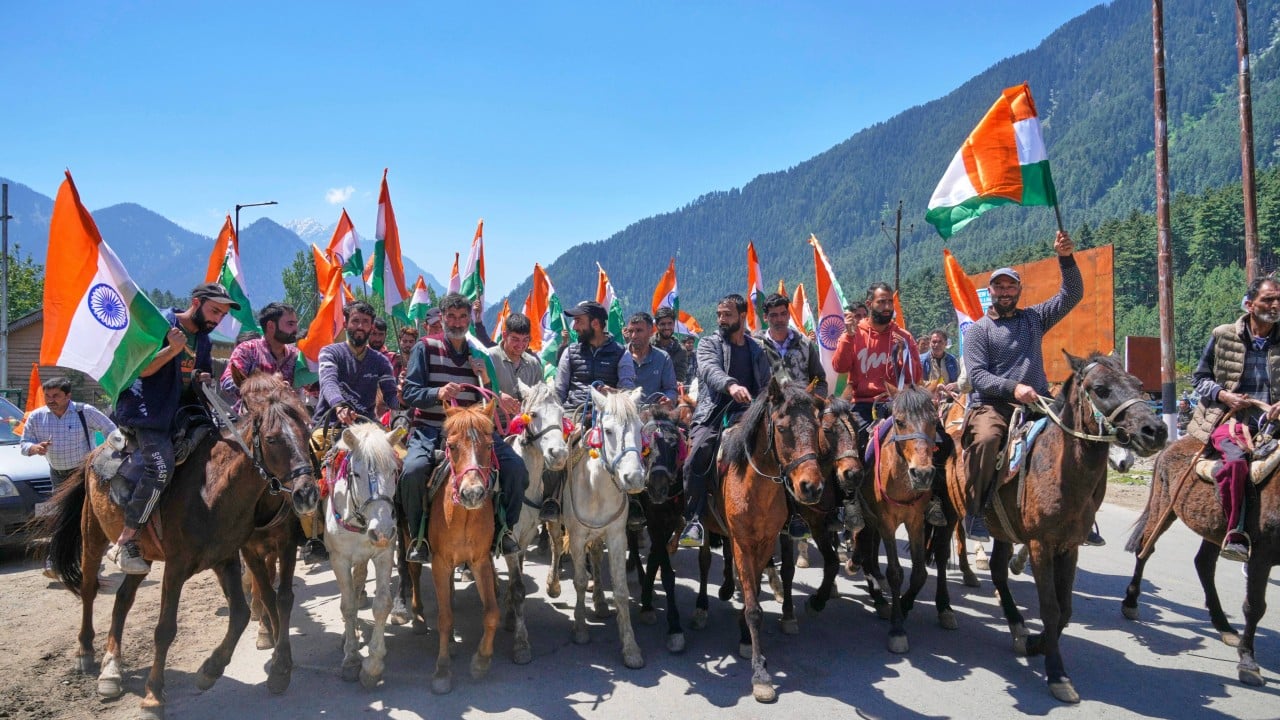Calls to boycott Turkish and Azerbaijani products and travel have intensified across India, with experts describing the push as an emerging form of consumer-led diplomacy in response to the two countries’ support for Pakistan during recent cross-border hostilities.
Advertisement
While analysts said the economic fallout for either side might be limited, they suggested the backlash reflected deeper shifts in Indian public opinion – and the country’s evolving use of economic tools to signal foreign policy displeasure.
“Backlash against Turkey and Azerbaijan is not merely a display of nationalism – it reflects a growing wave of consumer-driven diplomacy,” said Robinder Sachdev, founder president of the Imagindia Institute, a New Delhi-based independent think tank.
“This civic assertiveness is evident in actions by Indian online travel platforms and trade bodies, transforming public emotion into a form of soft economic leverage.”
The diplomatic rift follows India’s launch of “Operation Sindoor” on May 7, a military campaign that targeted nine alleged militant camps in Pakistan and Pakistan-administered Kashmir in response to an attack that killed 26 civilians in the Jammu and Kashmir town of Pahalgam. Islamabad denied supporting the groups involved and later retaliated, leading to escalating tensions along the border.
Advertisement
India also accused Pakistan of deploying Turkish-made drones during the conflict, prompting further public anger.

